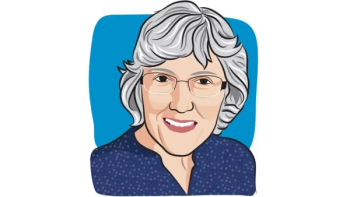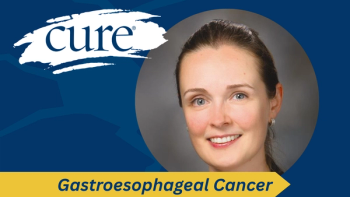
Limited Cancer-Related Fatigue Regression Highlights Need for Intervention
While half of women with gynecologic cancer reported experiencing significant fatigue during treatment, only 8% of survivors had symptoms regress without intervention.
While half of women with gynecologic cancer reported experiencing significant
“My experience in managing patients who experience cancer-related fatigue is that it's often one of the most burdensome symptoms and it impacts many aspects of their lives,” study author Hanneke Poort, a psychologist and post-doctoral research fellow in the Department of Psychosocial Oncology and Palliative Care at Dana-Farber Cancer Institute in Boston, said in an interview with CURE.
“Patients often don't know that this is something that can be addressed, so they either do not report it to their doctors or they feel like this is something they just have to live with,” she added. “But fortunately, there are interventions that we can use to reduce this debilitating symptom.”
In a secondary analysis of a prospective cohort study, the ROGY Care trial, she and colleagues aimed to identify clinically-distinct subgroups of patients with fatigue over time and the medical and
“There has been a lot of research looking into cancer-related fatigue, but not many studies looked into the course of fatigue over time, and whether or not fatigue resolves without an intervention,” Poort explained. “The studies that have been performed have mostly been done in patients with other cancer types. That was one of the main reasons for us to do this study.”
Fatigue, depression and anxiety were assessed after surgery, six months after surgery and 12 months after surgery with the 10-item Fatigue Assessment Scale and the Hospital Anxiety and Depression Scale.
In total, 112 women with newly-diagnosed
At baseline, 49% of the 312 participants reported having clinically significant fatigue. One year later, 42% had persistent fatigue.
In that year, the majority reported with moderate fatigue (45%), followed by no fatigue (41%). Only 15% reported severe symptoms.
Those with two or more comorbid conditions, clinically significant fatigue at baseline and depressive symptoms at baseline appeared to be more likely to report experiencing clinically significant fatigue at one year.
However, Poort noted, there are interventions focusing on the psychological factors that have been shown to be helpful in reducing fatigue, such as exercise or cognitive behavioral therapy.
“Patients should takeaway that fatigue is a very common symptom. You're not the only one experiencing this debilitating symptom,” she said. “Importantly, without intervention, it's not likely to get better, but there are ways that we can help you deal with this fatigue and hopefully improve your quality of life.”



